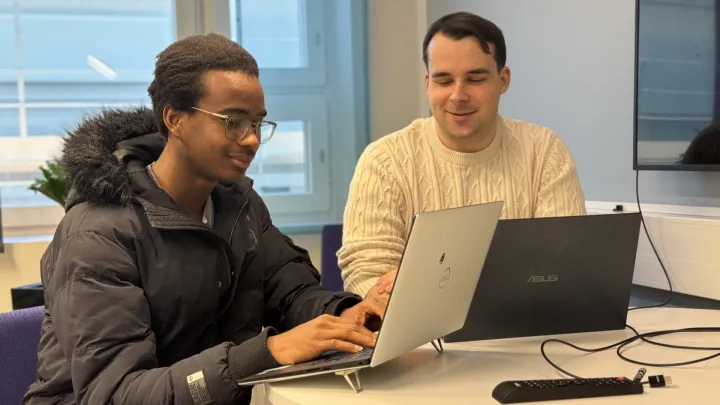For the duration of practical training, the student will have an assigned tutor both at the place of their practical training and at the UAS. Guidance will mainly be provided by the practical training tutor at the place of practical training, who will familiarise the student with their duties and the special characteristics of the professional field concerned, and support their professional growth. Practical training also involves familiarisation with the work environment and culture of the place of practical training.
A practical training agreement will be formed of the practical training period between the employer, the trainee and the UAS, in which the duration, work duties and intended learning outcomes of the practical training are agreed upon. If an employment relationship exists between the student and the employer during the practical training, a valid employment contract must also be concluded for the practical training period. The content of the employment contract, including matters such as working hours and salary, will be agreed upon between the parties.


















